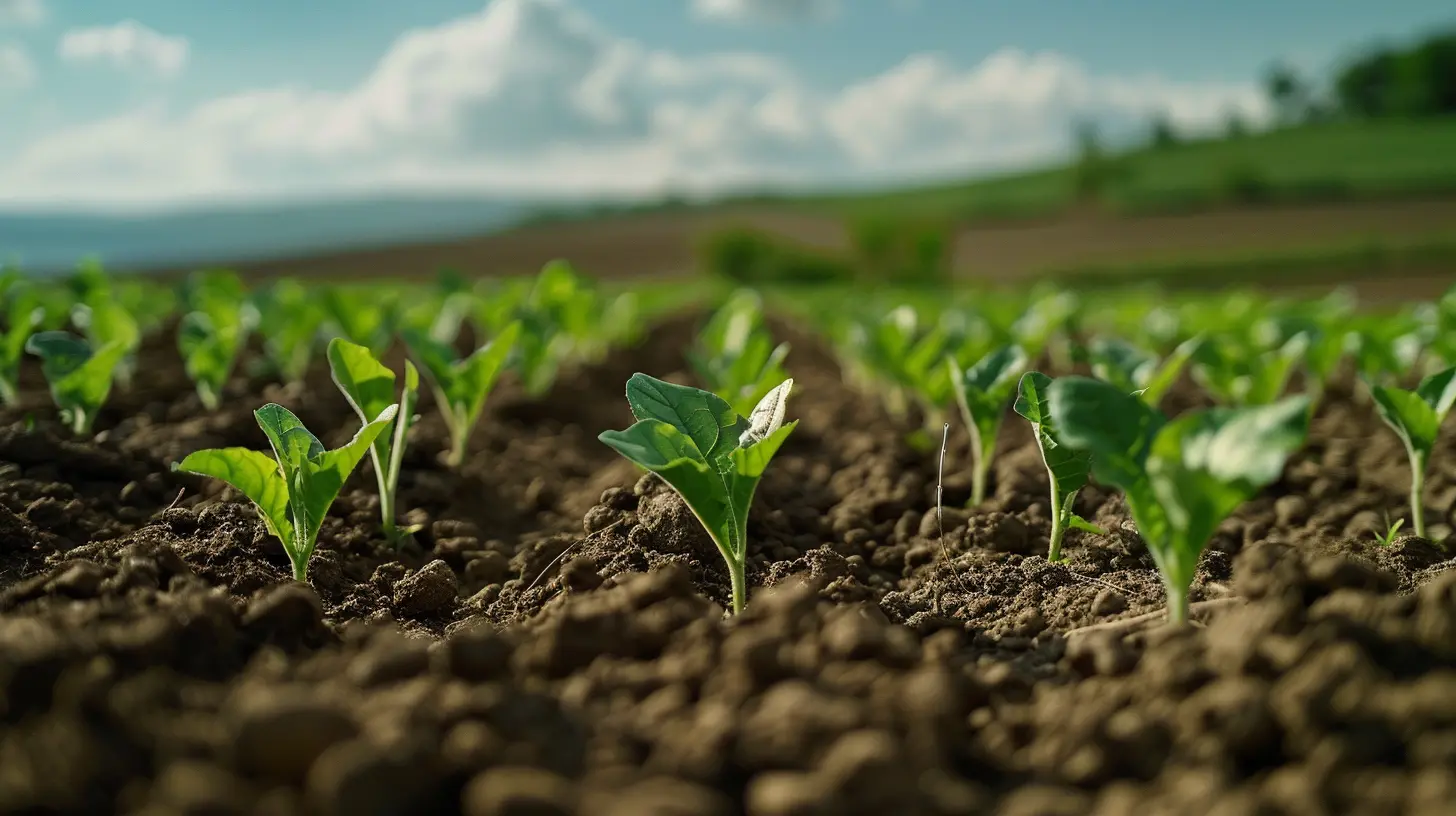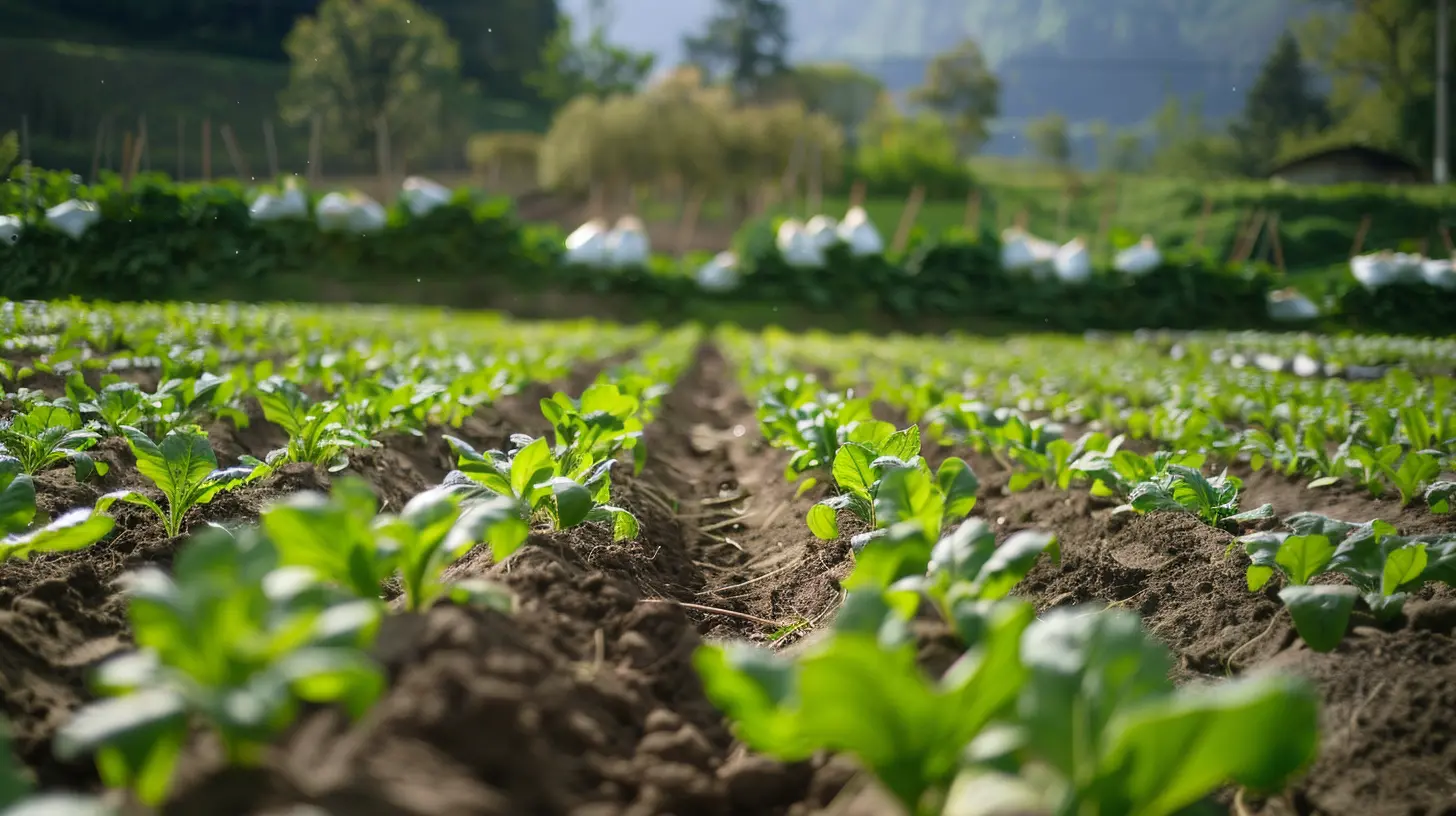Granular potassium sulfate (K2SO4) is a widely used fertilizer in agriculture, particularly for enhancing the growth of economic crops. This article explores the effects of granular potassium sulfate on crop yield and growth, providing valuable insights for farmers and agricultural producers to optimize fertilization strategies.

Research indicates that the application of granular potassium sulfate significantly enhances the growth parameters of various economic crops. The availability of potassium improves photosynthesis, nutrient uptake, and overall plant vigor. As a result, crops exhibit stronger root systems and healthier foliage.
Studies conducted on crops such as tomatoes, peppers, and various cereals have shown that using potassium sulfate can lead to a remarkable increase in yield. It not only boosts the quantity of the harvest but also improves the quality of the produce, making it more desirable in the market.

Integrating granular potassium sulfate into fertilization strategies promotes not only short-term yield improvements but also long-term sustainability in agricultural practices. By ensuring adequate potassium supply, farmers can maintain soil health and reduce dependency on harmful chemical fertilizers.

Granular potassium sulfate plays a vital role in enhancing the growth and yield of economic crops. As agricultural demands continue to evolve, understanding the benefits of such fertilizers is crucial for optimizing productivity and ensuring sustainable farming practices. By leveraging the advantages of granular potassium sulfate, farmers can achieve remarkable results in crop production.
